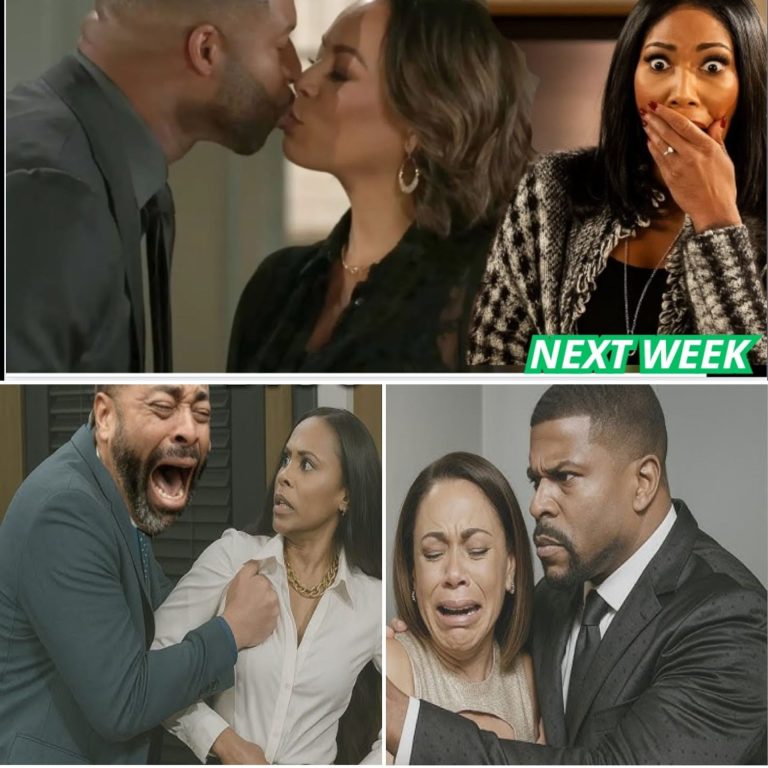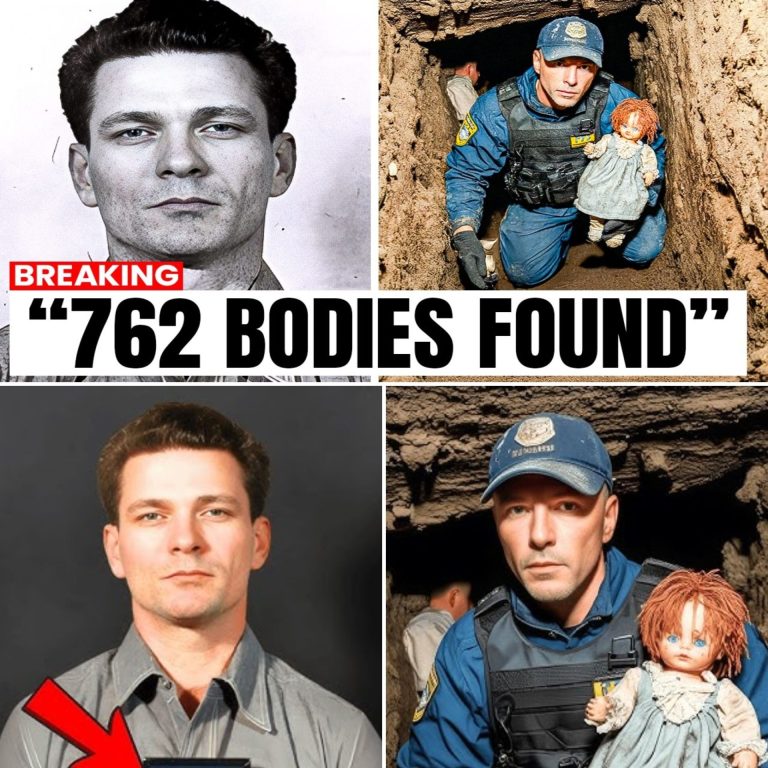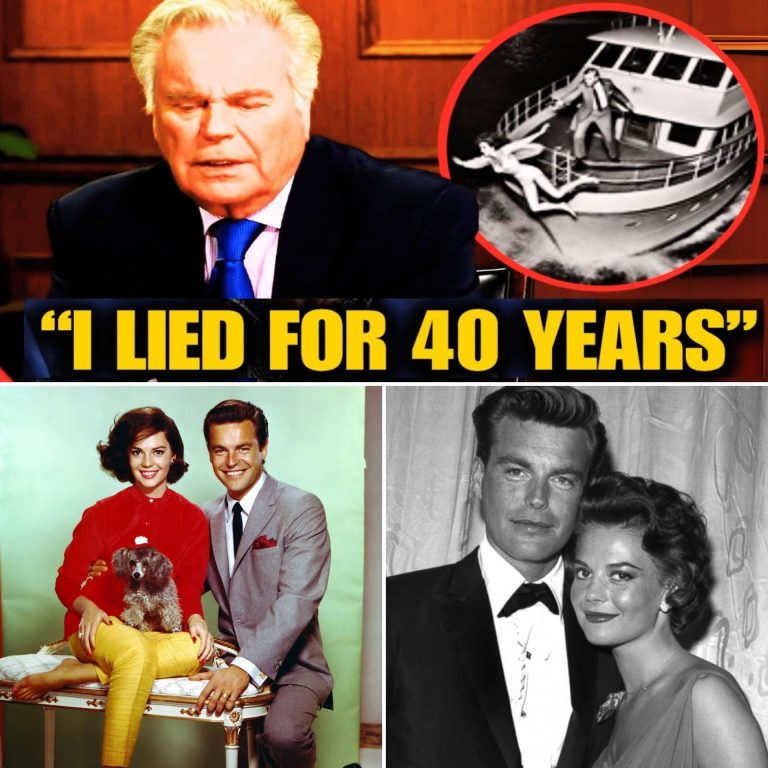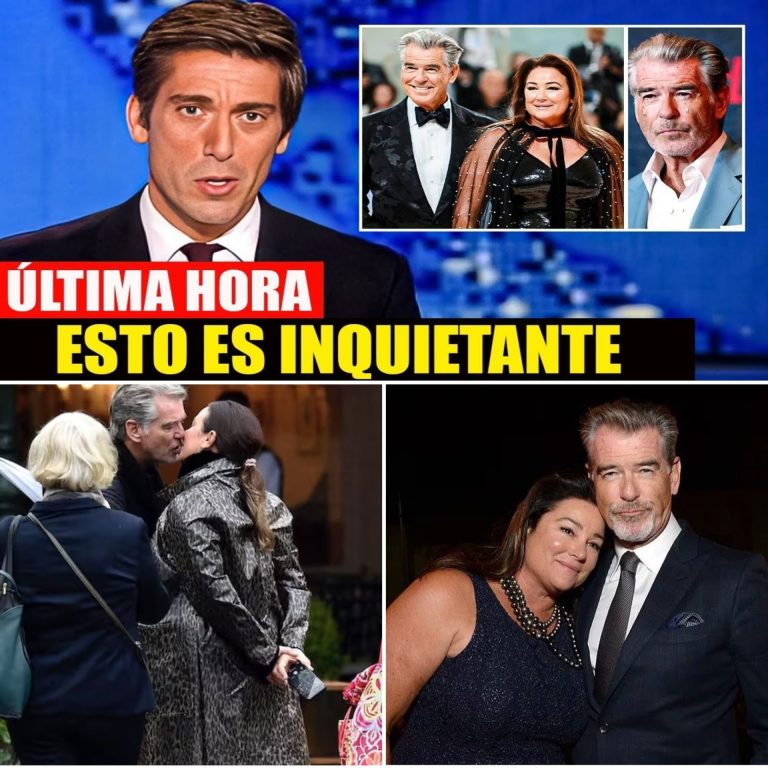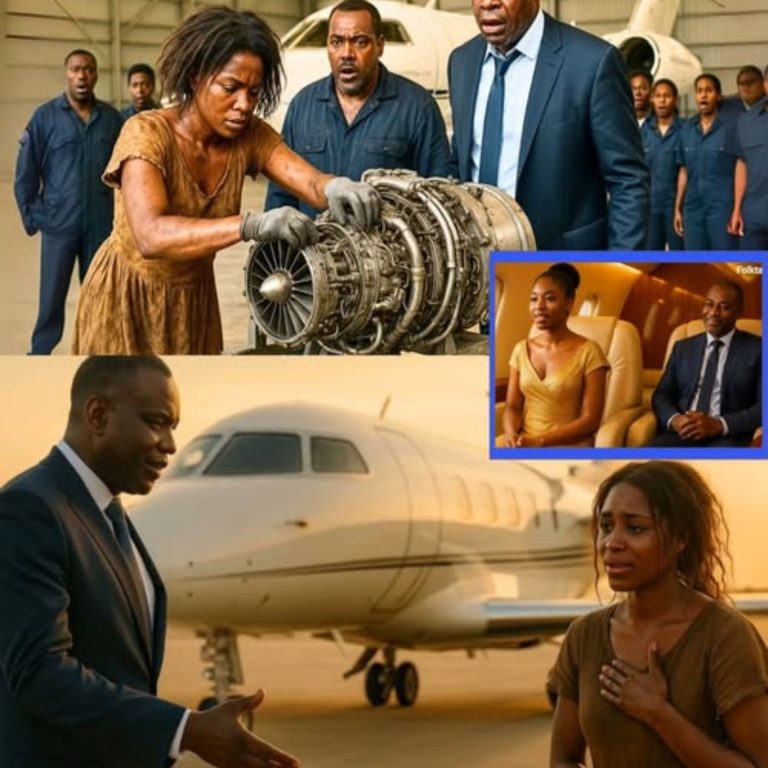Jane Goodall, the world-famous primatologist, activist and environmentalist whose discoveries about chimpanzees forever changed what it means to be human, has died at 91. The Jane Goodall Institute confirmed her death on Instagram Wednesday, saying its founder died of natural causes.
She had been in California where she was visiting as part of a speaking tour in the U.S.
“Dr. Goodall’s discoveries as an ethologist transformed science, and she was a tireless advocate for the protection and restoration of the natural world,” said the post.

During her five decades living among the chimpanzees in what is now the Gombe Stream National Park in Tanzania, Goodall made groundbreaking observations that have fundamentally altered not only how scientists understand the endangered primates, but how humankind understands its place in the world.
Even when that iconic chapter of her life came to a close in 1986, Goodall went on to be a passionate activist. She spent the latter part of her life travelling the globe, speaking in front of crowds and meeting with world leaders to raise awareness about the devastating effects of climate change on the planet and all those who inhabit it — human and animal, alike.
Goodall began her life’s work as a young woman with no formal education in the sciences, armed only with tenacity, a deep affection for animals and a 𝘤𝘩𝘪𝘭𝘥hood dream of exploring the wilderness in Africa.
She inherited her mother’s passion for the written word and voraciously read Doctor Dolittle and Tarzan books as a 𝘤𝘩𝘪𝘭𝘥. Those stories opened her imagination and she vowed that when she grew up, she would live in Africa and work with animals.

“Everybody laughed except my amazing mother. I attribute so much of what I’ve done to her support. She would say, ‘If you really want to do this, you’re probably going to have to work really hard and take advantage of opportunity and never give up,’ ” Goodall told then-CBC host Wendy Mesley in an April 2016 interview on The National.
The Second World War was raging and the family didn’t have any money, said Goodall.
Africa was far away and girls didn’t do that sort of thing.”
Determined, Goodall worked as a waitress and did odd jobs and secretarial work to save enough money to travel to the farm of a 𝘤𝘩𝘪𝘭𝘥hood friend outside of Nairobi, Kenya, in 1957 at the age of 23.
There, she met paleontologist Louis Leakey, who employed her as an assistant. Later, seeing both her potential as a researcher and her passion for wildlife, he offered her the opportunity that would change her life forever.
She was to observe chimpanzees in the wild.
A life of advocacy

Goodall arrived on the east shore of Lake Tanganyika on July 13, 1960, with a tent, a pair of binoculars and — at the insistence of British authorities who said a young woman should not go unaccompanied into the wilderness — her mother.
She spotted her first chimpanzee that very evening, a grizzled male she dubbed David Greybeard. Within four months of following Greybeard and his companions, she made three major discoveries that shook the scientific community.
The first was that chimpanzees, long thought to be vegetarians, eat termites. What’s more, they scoop those termites out of their nests with sticks, meaning they use tools. And most importantly, they ᵴtriƥ the leaves off branches to get those sticks, meaning they craft their tools.
WATCH | Goodall’s legacy:
The latter discovery, according to National Geographic, turned contemporary thinking about humanity on its head. Until then, it was widely believed that the ability to make tools is what set humans apart from the animal kingdom. We often called ourselves “man, the toolmaker.”
When Goodall wrote to Leakey about what she’d learned, he famously wrote back, “Now we must redefine ‘tool,’ redefine ‘man,’ or accept chimpanzees as humans.”
Later, Goodall’s biographer Dale Peterson would call her “the woman who redefined man.”
Unconventional thinking
It was not the last time Goodall would rattle the status quo.
After 15 months in the field, she took a brief hiatus from chimps to get her PhD in ethology, the study of animal behaviour, from Cambridge University.

There, Goodall butted heads with her professors, who were dismissive of her methods in the field. The way Goodall wrote about the chimps — giving them names instead of numbers and ascribing to them personality traits — was called anthropomorphism, and it flew in the face of scientific convention.
“It was a bit shocking to be told I’d done everything wrong,” Goodall told National Geographic in 2010.
Still, she stuck to her convictions and to the lesson she says she learned spending time with her pet dog Rusty as a 𝘤𝘩𝘪𝘭𝘥: “You cannot share your life in a meaningful way with any kind of animal with a reasonably well-developed brain and not realize that animals have personalities.”
It was this philosophy that would guide her throughout her career.

Miss Goodall and the Wild Chimpanzees
Within a few years at Gombe in Tanzania, Goodall’s work started to gain international attention, in no small part thanks to the 1965 TV film Miss Goodall and the Wild Chimpanzees. She would go on to appear in 83 films and television shows and write dozens of bo
Her fame helped her transform her small field camp into the Gombe Stream Research Centre, which has yielded 165,000 hours of data through the observations of more than 320 chimpanzees, resulting in more than 430 academic papers and theses.
In 1977, she founded the Jane Goodall Institute, a global non-profit that aims to protect great apes and preserve their habitats. It has offices around the world, including three in Canada.
/https://tf-cmsv2-smithsonianmag-media.s3.amazonaws.com/filer_public/cb/6f/cb6f248d-a00c-4491-bdd3-bfc28e045c2c/gettyimages-970466772_web.jpg)
After more than two decades with Greybeard’s descendants, Goodall decided it was time for a new chapter of her life to begin. In 1986, she retired from field work and dedicated her life to advocacy.
At the height of her philanthropic career, it’s been said she spent 300 days a year travelling, speaking at events, raising money and meeting with government figures to champion the Jane Goodall Institute and other causes close to her heart.
In 2002, she was named United Nations messenger of peace by then-secretary general Kofi Annan.
Her brand of advocacy focused not only on conservation efforts, but also poverty reduction and the empowerment of girls and women — issues she viewed as inherently interconnected.
“How could we even try to save the chimpanzees when the people were struggling to survive?” Goodall told the Huffington Post in 201
Her Lake Tanganyika Catchment Reforestation and Education project, launched in 1994, helps people who live near the Great African Lakes through microfinance, education and health initiatives, much of it targeting women and girls.
Goodall often spoke about how proud she was of the institute’s youth program, Roots & Shoots, which encourages young people to identify challenges in their communities and develop solutions. It started with a dozen or so students in Tanzania and has since spread to 130 countries, including Canada.

“Its main message is that every one of us matters and makes a difference every day,” Goodall told Mesley in that last CBC interview. “I think it’s so successful because we don’t tell them what to do except choose a project that makes the world better for people, for animals, for the environment that we all share.”
Before leaving office in January, then-U.S. president Joe Biden awarded Goodall the Presidential Medal of Freedom, the nation’s highest civilian honour.
Goodall leaves behind her son, Hugo Eric Louis van Lawick, better known as Grub, from her first marriage with National Geographic filmmaker Hugo van Lawick, as well as three grand𝘤𝘩𝘪𝘭𝘥ren.
Her second husband, Derek Bryceson, a member of Tanzanian parliament and former director of Tanzania’s National Parks, died in 1980 from cancer.
During a 2008 TED Talk, Goodall credited her grand𝘤𝘩𝘪𝘭𝘥ren as the inspirational force behind her activism.
“Every time I look at them and I think how we’ve harmed this beautiful planet since I was their age, I feel this desperation,” she said.
“Do we care about the planet for our 𝘤𝘩𝘪𝘭𝘥ren? How many of us have 𝘤𝘩𝘪𝘭𝘥ren or grand𝘤𝘩𝘪𝘭𝘥ren, nieces, nephews? Do we care about their future? And if we care about their future, we, as the elite around the world, we can do something about it.”

